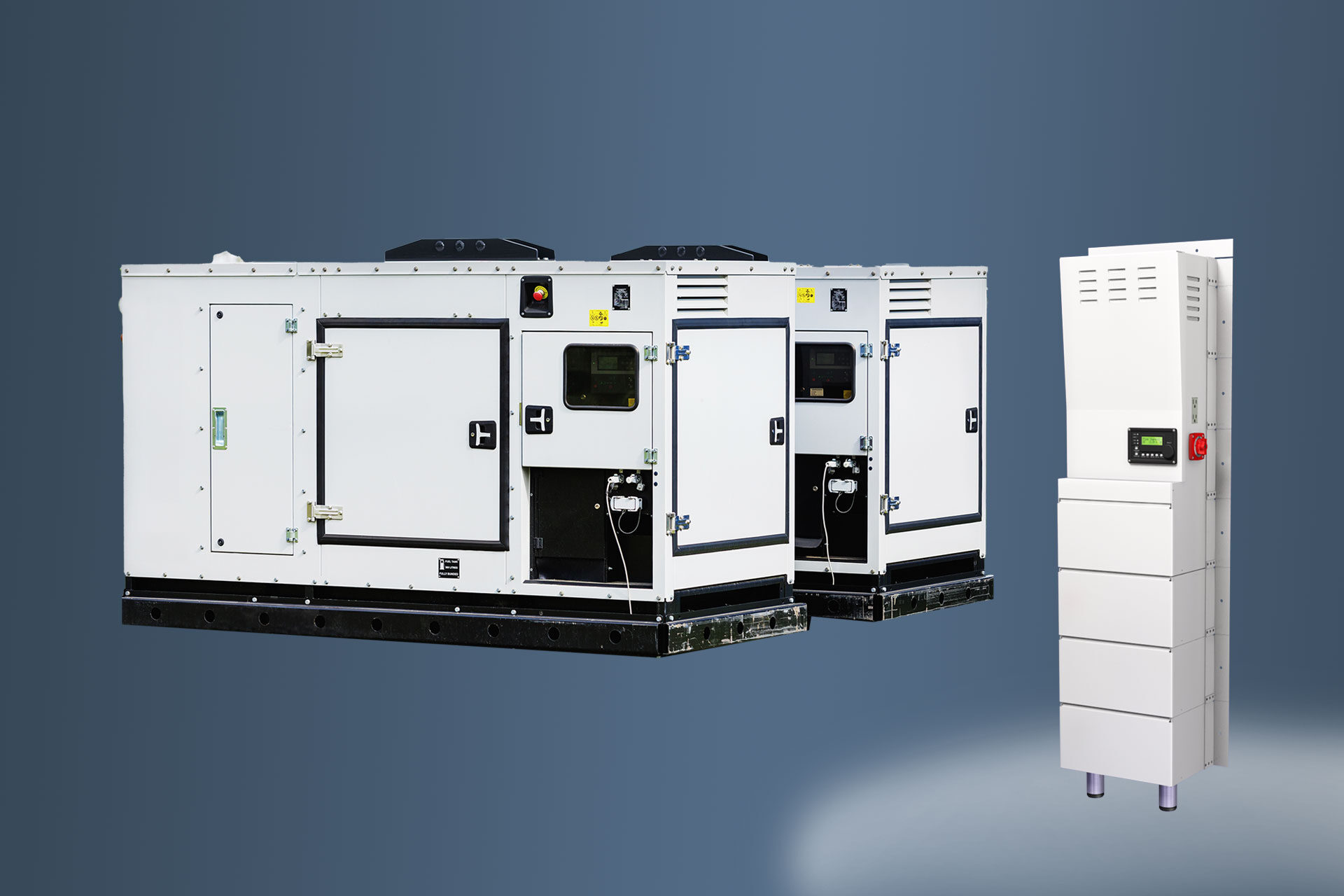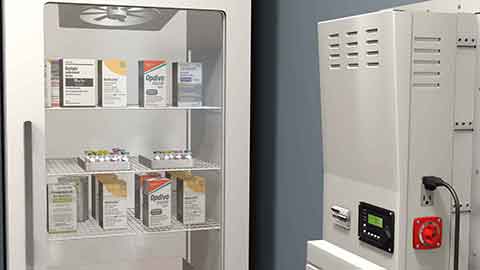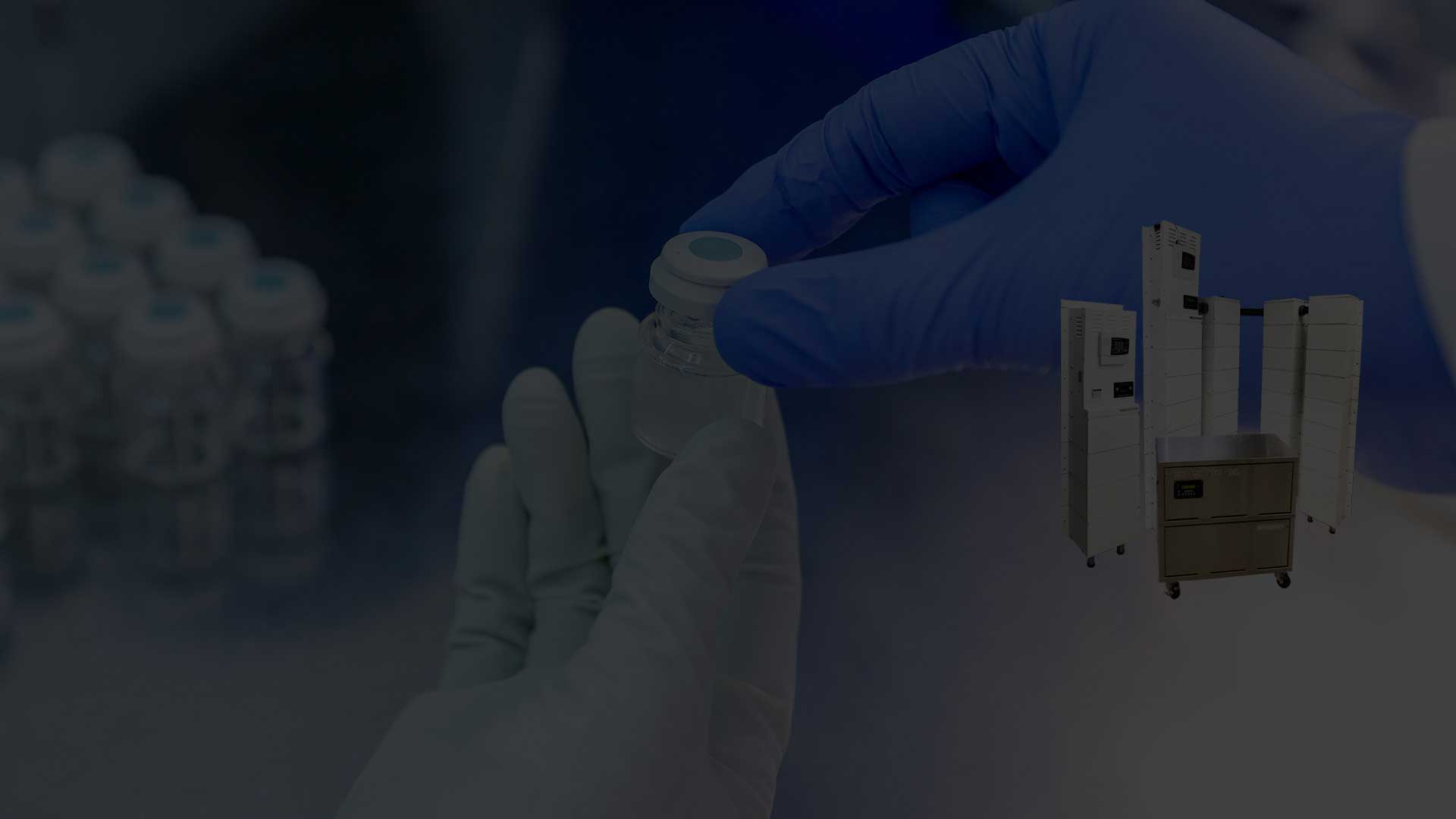How Big Can a UPS Be?
Understanding the Limits of Backup Power Systems
In a world where technology powers nearly every aspect of our lives, an uninterrupted power supply isn’t just a convenience—it’s a necessity. From data centers that store critical information to hospitals where patient lives depend on medical equipment, reliable backup power ensures that essential operations continue without disruption.
This brings us to a fundamental question: just how large can an Uninterruptible Power Supply (UPS) system be? While many people think of UPS units as small devices that keep computers running during brief outages, the reality is that they can scale to massive sizes, capable of powering entire facilities. Some of the largest UPS systems in the world exceed 50 megawatts (MW), supporting industries that require constant, high-capacity energy.
The Scale of Large-Scale UPS Systems
UPS systems come in a wide range of sizes, from compact models designed for home offices to industrial-grade solutions built for power-hungry environments. In data centers, where uninterrupted service is paramount, high-capacity UPS units can range from 10 MW to over 50 MW, ensuring servers remain operational even during extended power failures. Hospitals rely on UPS systems of several megawatts to keep ventilators, surgical equipment, and monitoring devices running. In manufacturing, these systems must handle the immense power demands of heavy machinery, conveyor belts, and automated production lines.
The ability to scale UPS solutions to such extreme capacities makes them a crucial part of infrastructure in critical industries. When power fluctuations or blackouts occur, these systems step in instantly, preventing costly downtime, data loss, or—most importantly—life-threatening disruptions in healthcare facilities.
Regulatory Standards for Large UPS Systems
Managing large-scale UPS systems requires strict adherence to safety and efficiency standards. The National Fire Protection Association (NFPA) has established key guidelines for the installation and maintenance of these systems, particularly for lithium-ion (Li-ion) and valve-regulated lead-acid (VRLA) batteries, which store the energy used for backup power.
The NFPA 855 standard regulates energy storage system installation, with requirements based on system size and energy capacity. Large UPS units must incorporate advanced fire suppression systems, hazard detection technology, and proper separation of battery components to minimize fire risks. These regulations are particularly important for Li-ion batteries, which, while highly efficient, require careful management to prevent overheating or thermal runaway.
Another crucial standard, NFPA 111, focuses on the reliability of stored electrical energy for emergency and standby power systems. It emphasizes the importance of proper ventilation to prevent hydrogen accumulation in VRLA battery setups, regular testing for operational readiness, and built-in protections against thermal runaway. By following these standards, businesses and organizations can ensure their UPS systems operate safely and effectively, even under extreme conditions.
Choosing the Right UPS for Your Needs
Selecting the right UPS system isn’t just about size—it’s about meeting specific power requirements. The first step is calculating the total power demand by adding up the wattage of all connected devices. An office setup might only require power for computers and networking equipment, while a manufacturing facility needs far greater capacity to support industrial machinery.
Backup duration is another crucial factor. Some businesses only need enough backup power to shut systems down safely, while others require extended runtimes to keep operations running for hours or even days. Many organizations opt for modular UPS systems that allow for future expansion, ensuring that as power demands grow, the system can scale accordingly.
The type of load a UPS supports also plays a role in selecting the right system. Some devices, such as computers and lighting, require a stable and consistent power flow, while others, like electric motors and medical imaging machines, need an extra surge of power at startup. Choosing a UPS that matches the energy demands of your specific equipment ensures efficiency and reliability.

UPS Systems in Different Industries
Large-scale UPS systems play an essential role across industries. In the tech sector, they protect servers and data storage systems from sudden outages, preventing financial losses and security risks. Hospitals depend on them to power critical medical devices, ensuring patient safety during emergencies. In industrial and manufacturing settings, they stabilize voltage fluctuations that could otherwise damage expensive machinery. Even retail businesses rely on UPS systems to maintain their point-of-sale systems, security cameras, and lighting during power failures.
Maximizing UPS Performance and Efficiency
To get the most out of a UPS system, regular maintenance is essential. Routine inspections help prevent failures, ensuring the system is ready when needed. Proper load balancing is also crucial, as evenly distributing power prevents strain on any single component, extending the lifespan of both the UPS and connected devices.
Modern UPS systems come with advanced monitoring tools that provide real-time performance tracking and send alerts when potential issues arise. Businesses that rely on these tools can optimize energy use, improve efficiency, and reduce operating costs. Compliance with industry safety standards is another key aspect, especially for sectors like healthcare and manufacturing, where regulations are strictly enforced.
How Large Can a UPS Really Be?
UPS systems have evolved far beyond their traditional role of supporting small office devices. Today, they power entire industries, with some of the largest installations exceeding 50 MW. Whether you need backup power for a single office or an entire factory, selecting the right UPS involves understanding power requirements, runtime needs, and future scalability.
If you’re considering investing in a UPS system tailored to your industry, expert guidance can help ensure you make the best choice. Whether it’s a small-scale solution or a high-capacity system, having the right backup power plan in place will safeguard your operations and minimize downtime.
For expert recommendations and state-of-the-art UPS solutions, contact Medi-Products today. Our team can help you find the perfect power backup system to keep your business running, no matter the size or challenge.



